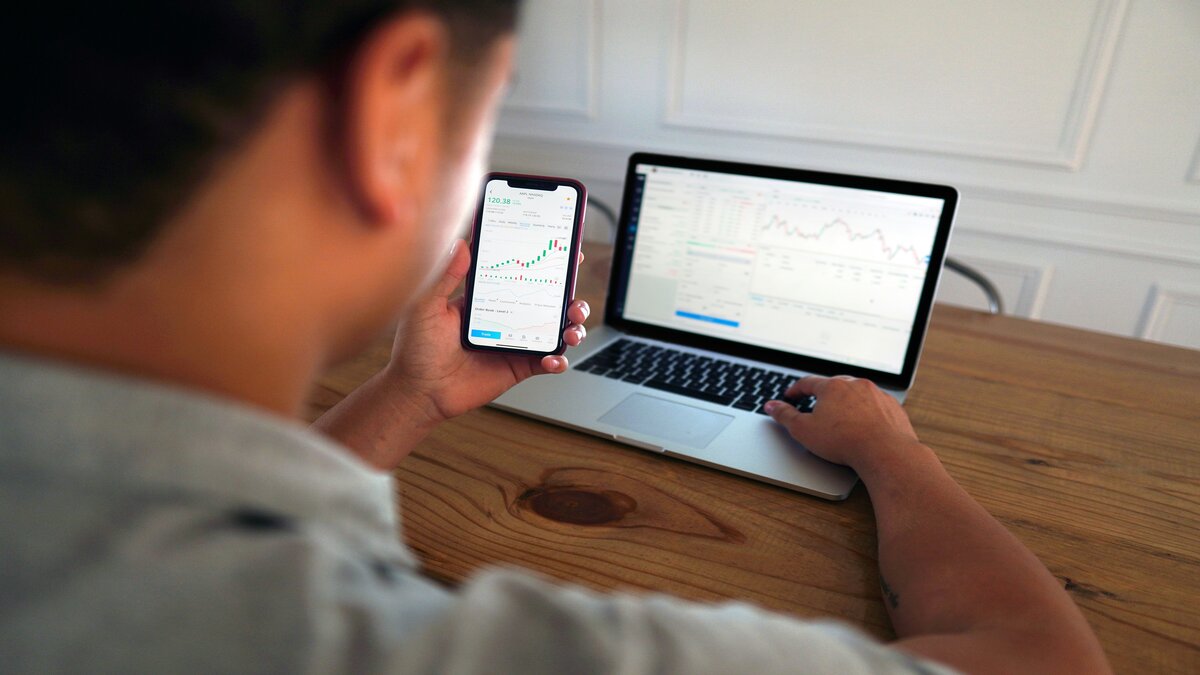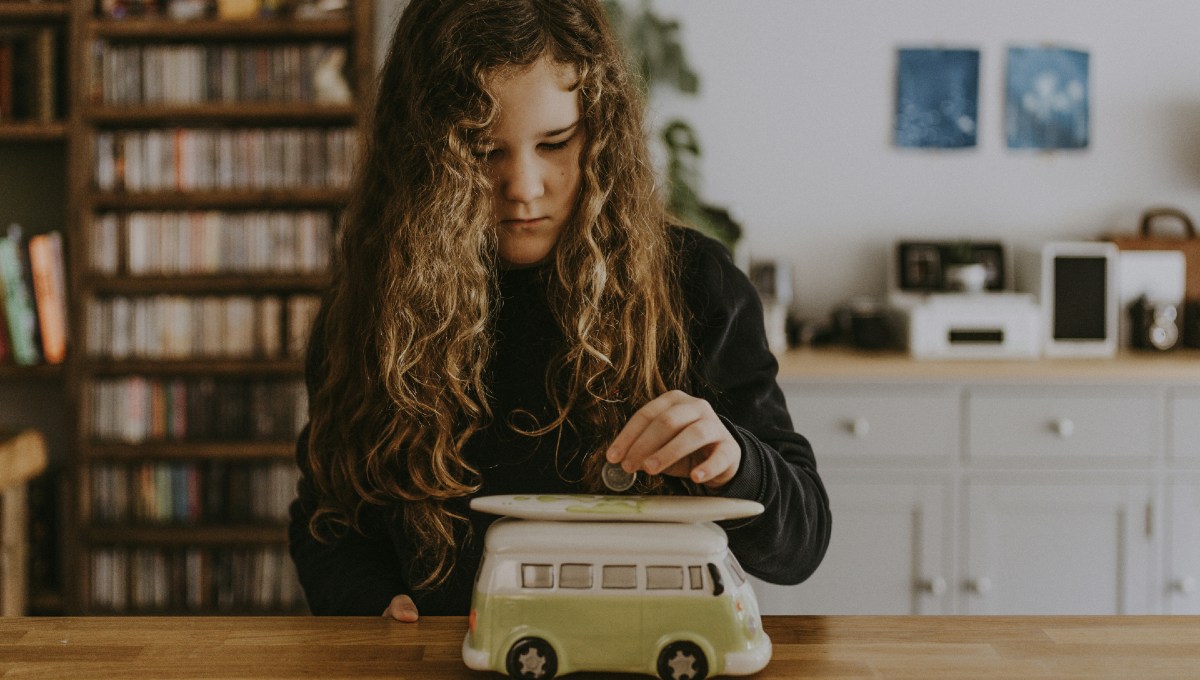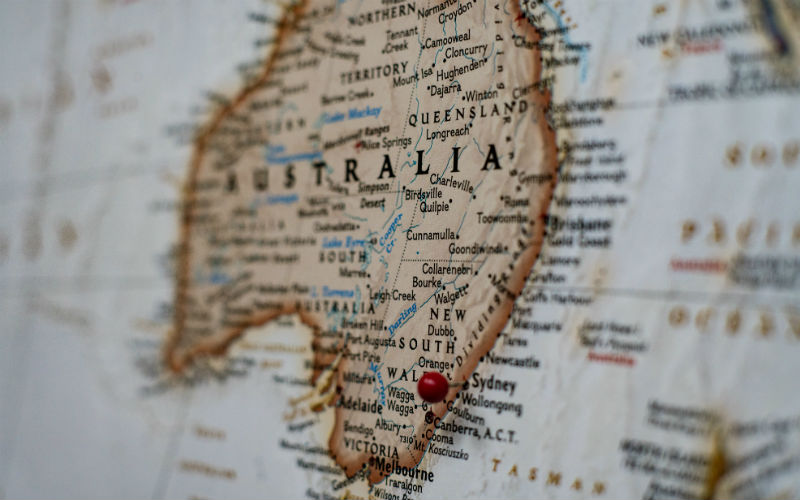This marks the third consecutive quarterly decline in household savings ratio, as household spending continues to outpace the growth in household income.
The June 2022 quarter reading of 8.7% is the first single digit reading since the March 2020 quarter of 9.7%.
ABS Head of National Accounts Sean Crick said households were continuing to save but at a declining rate over the past three quarters.
"While the 8.7% household saving ratio was the lowest since the start of the COVID-19 pandemic, it remains above pre-pandemic levels," Mr Crick said.
ABS noted the strength in compensation for employees which increased 2.4%, driving a 1.0% increase in household gross disposable income.
At the same time, household spending rose 2.2% for the June quarter, driven by spending transport, hotels, cafes and restaurants.
"Households increased spending on domestic and international travel as COVID restrictions further eased and international borders remained open. While spending on transport grew strongly, households were still only spending two thirds of what they did pre-pandemic," Mr Crick said.
Aussies had previously stashed record amounts of savings buffers in deposit and home loan offset accounts throughout COVID as an opportunity to get ahead on mortgages.
Partially as a result of the lift in spending, overall Gross Domestic Product (GDP) rose 0.9% in the June quarter.
The result lies in the middle of forecasts made by major bank economists, with the likes of ANZ anticipating a 0.8% increase, while Westpac expected GDP to increase 1.1% across the quarter.
Cost of living pressures increase financial stress amongst Aussie workers
Despite an increase in spending, AMP’s 2022 Financial Wellness report revealed approximately three million Aussie employees are experiencing either moderate or severe financial stress, near doubling 2020 figures.
Surveying more than 2,000 Aussies throughout June 2022, AMP revealed women, single parents and part-time workers are experiencing the most financial stress.
AMP’s General Manager Member Engagement Stephen Owen said following an emotionally unsettling three years, we’re now facing rising interest rates, general cost of living pressures, a property downturn and jittery investment markets.
“It’s no surprise we’re more financially stressed than ever,” Mr Owen said.
“But there are reasons to be optimistic – unemployment is at historic lows, our economy is in relatively robust shape despite inflationary pressures, and new flexible ways of working are seemingly here to stay.”
Mr Owen notes rising stress has also been a catalyst for many Australians to engage with their finances and actually take control.
“More of us are recognising that simple steps such as setting financial goals, establishing a budget and accessing credible online educational resources can have a positive impact on financial peace of mind,” he said.
Advertisement
Need somewhere to store cash and earn interest? The table below features savings accounts with some of the highest interest rates on the market.

- Bonus rate for the first 4 months from account opening
- No account keeping fees
- No minimum balance
Image by Karolina Grabowska via Pexels







 Harrison Astbury
Harrison Astbury
 Harry O'Sullivan
Harry O'Sullivan

 Brooke Cooper
Brooke Cooper


